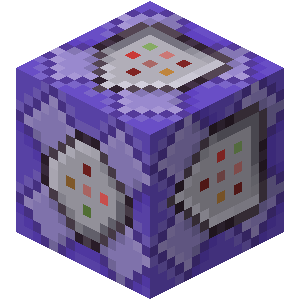In short, the Python implementation provided on the CE calculators is quite limited, as it was clearly designed to be the cheapest system possible that can still run the relatively small-scale programs written in introductory programming class.
Python code is run on a separate processor that has significantly less memory available to it than programs running on the main processor do. Add to that that Python programs use a lot more memory than either TI-BASIC or native programs do, and you end up running out of memory extremely quickly whenever you try to make a complicated program. A while back I was working on a (now abandoned)
project that allowed you to use the graphx library from Python. I started running into memory issues just by defining an empty method for each function in the library, even before actually writing the implementations for them.
Additionally, you don't have nearly as much control over the calculator's OS or hardware or from Python as you do from TI-BASIC or native programs. If I remember correctly, it's not even possible to check if a key is pressed in Python, without freezing the entire program until a key is pressed.
But don't let that stop you if you're interested in writing Python programs. It can be fun to write software in spite of a platform's restrictions, and we definitely welcome Python programs in our downloads section.
















